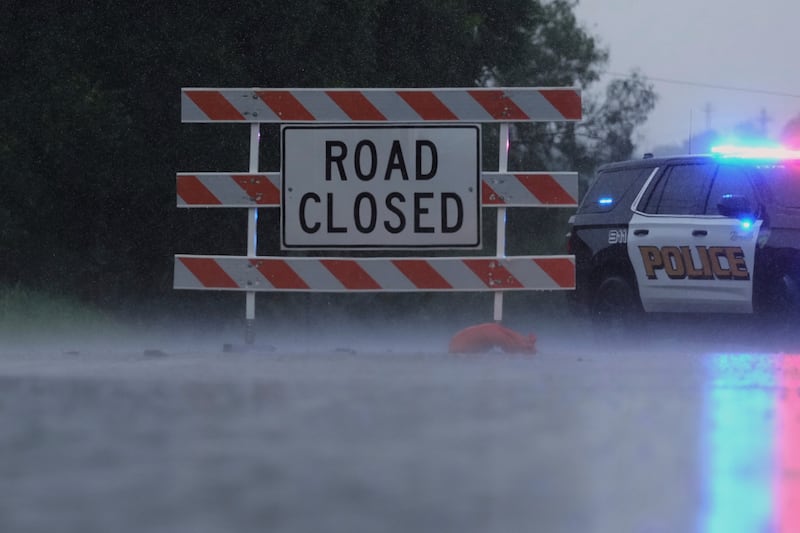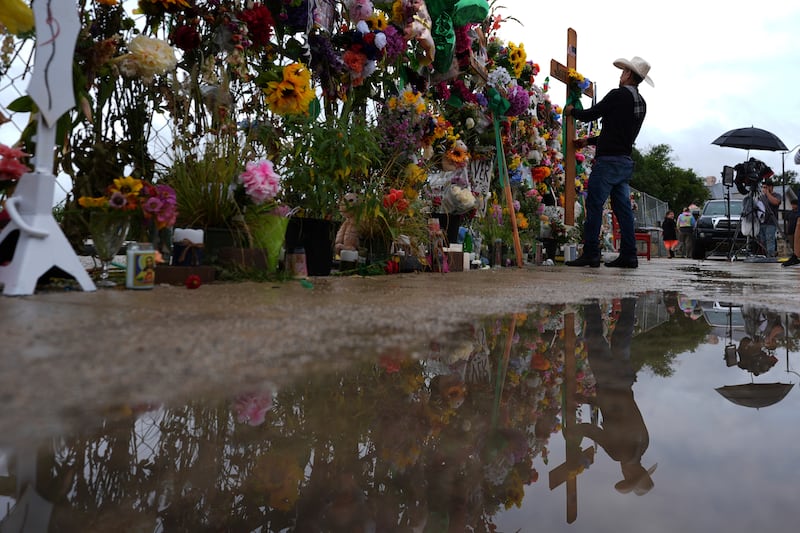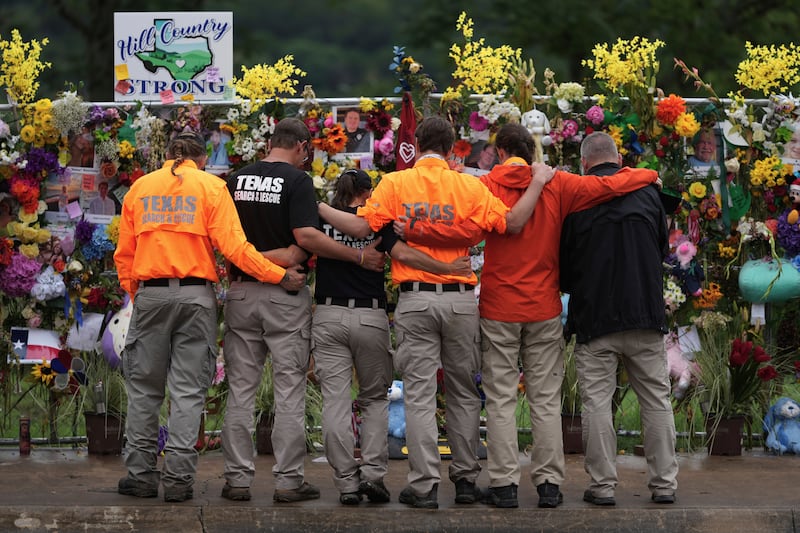- Central Texas was hit by heavy rainfall causing further floods over the weekend, prompting more rescues and evacuations.
- More than 130 people have been confirmed dead, with over 160 people still missing from the start of the floods on Fourth of July.
- Multiple flood watches are still in effect on Monday as more rain is expected.
Just 10 days after devastating floods hit Central Texas over Fourth of July weekend, resulting in loss of life and destruction in their path, the area was once again hit with heavy rains and flooding.
Over the weekend, a resurgence in rain and flooding prompted more rescues and evacuations, according to national reports. The bad weather has also caused issues for search-and-rescue crews working on recovery efforts.
As rain continues, multiple flood watches remain in place across the region as of Monday morning.
Updated death toll
ABC News reported that over 130 people have been confirmed dead following the deadly floods that started on the Fourth of July.
Local officials report that over 160 people are still missing as search operations continue, per official reports.
Flooding hits the area again

Over the weekend, as much as 6 to 10 inches of rain fell over central Texas, leading to more flooding along rivers such as the Llano, Lampasas and San Saba, per NBC. The Lampasas River rose 30 feet in under five hours near Kempner, Texas.
As these heavy rains and the new wave of flooding hit the area, local and state officials warned residents to be wary of the weather conditions.
The city of Ingram’s fire department posted on social media asking its residents to be vigilant.
“We are seeing the same weather pattern today that we experienced on July 4th — and we know how quickly that turned deadly,” the department warned, according to USA Today. “This is not entertainment. This is a life-threatening situation. Your curiosity puts your life, and the lives of our first responders, at serious risk.”
Ingram had planned a candlelight vigil for Sunday, but it was postponed due to the renewed flood threat.
Texas Gov. Greg Abbott posted on X on Sunday, sharing that rescues were taking place in San Saba, Lampasas, and Schleicher counties, he also listed the communities in which evacuations were ordered.
“We are expanding operations in all affected counties — all while monitoring the rising waters in Kerrville,” he continued.
In Kerr County, a code red alert was issued because of the forecast of excessive rainfall, per NBC. The county was under a flash flood warning from late Saturday into Sunday, the heavy rains once again turned the street into fast-flowing rivers.
Search crews are impeded by bad weather

More than a week since the initial floods hit the area, the search for flooding victims is still ongoing as over 160 people are still reported missing.
On Monday, Kerr County Sheriff Larry L. Leitha said that the searchers lost most of their search day on Sunday because of the heavy rains, per ABC News. This was the first time that severe weather caused a pause in search operations since the floods initially hit on July 4.
The ongoing recovery operations are still receiving added resources from local, state and federal partners, who were continuing “to deploy to Kerr County as mission efforts become more technical,” Kerrville city officials said on Sunday, per ABC News.
Multiple floodwatches remain in effect
Multiple flood watches remain in effect through at least Monday evening throughout the Texas Hill Country, according to officials. There are flood watches in Kerrville, Uvalde, Brady, Round Rock and Austin, per NBC.
Heavy rain showers and thunderstorms are a possibility Monday afternoon and evening, which are expected to lead to 1 to 2 inches of rainfall. Rain showers of lesser intensity are a possibility on Tuesday, and light sprinkles of rain can be expected on Wednesday.
ABC News reported that an extended period of dry weather is expected to begin on Thursday and last through the weekend into next week.
How long will search-and-rescue operations take
In the past, it has taken months and years to recover people who were lost in disasters similar to the scope of the flooding in Texas, per USA Today.
In the aftermath of Hurricane Helene, at least five people were never found. Out of the over 1,800 people who were killed during Hurricane Katrina in 2005, around 30 still haven’t been identified.
Chris Boyer, executive director of the National Association for Search and Rescue, said that deciding when to call off search parties or have them shift into full recovery mode is “a highly emotional decision,” for authorities, according to USA Today.
“There’s no describing how to tell a family that you’re done searching for their loved one and that they may never get the remains back,” Boyer added, per USA Today.


